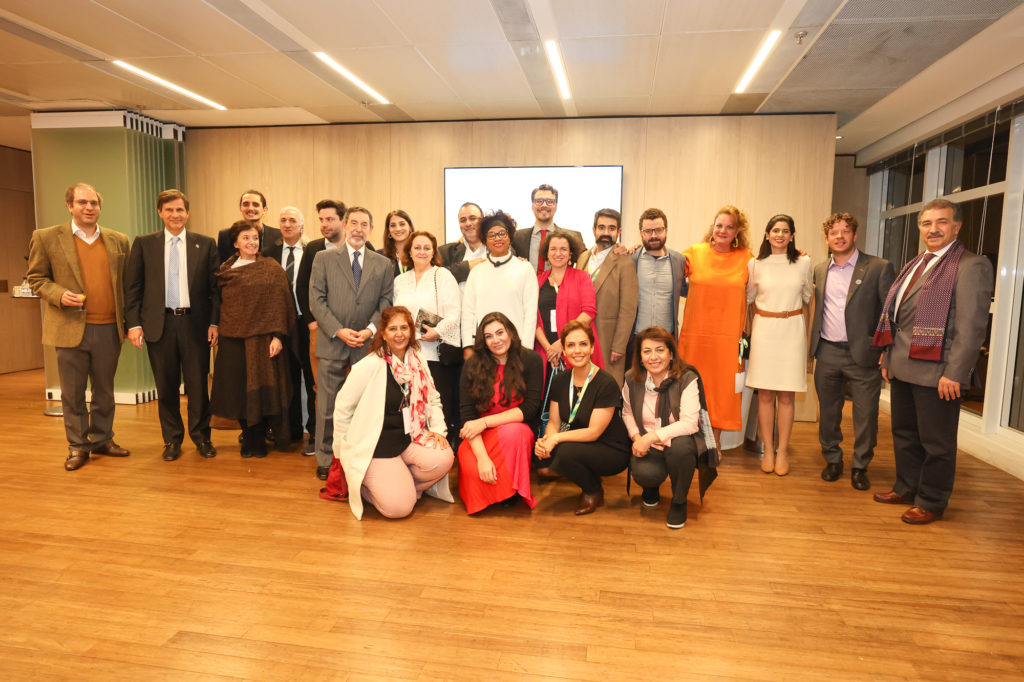São Paulo – The United Nations Educational, Scientific and Cultural Organization (UNESCO) launched this Monday (22) the Arab Latinos project. The initiative aims to strengthen ties between regions and assess contemporary intercultural dialogue between Latin America and Arab countries. The event occurred at the Arab Brazilian Chamber of Commerce (ABCC) headquarters in São Paulo. The initiative is carried out within the framework of the Sultan Bin Abdulaziz Al Saud Program for strengthening the Arabic language at UNESCO and the United Nations Plan to integrate arts and culture in all programs.
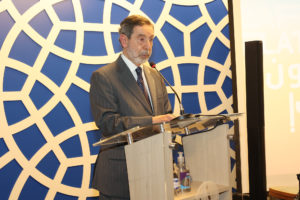
In addition to the launch, meetings are being held between scholars from different countries and UNESCO members, continuing until this Wednesday (24) at the same venue. The ABCC supports the meetings. Initially, the project will assess the main initiatives and structures for promoting the Arab culture in Brazil, Argentina, Mexico, Chile, and Colombia.
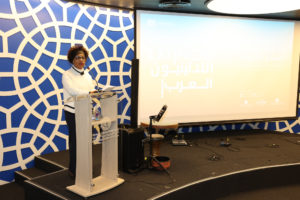
During the launch, Angela Melo, director of Social Inclusion and Youth in the Social and Human Sciences sector of UNESCO and the newly launched Arab Latinos initiative, spoke about the ambition to go beyond this first event. “Currently, the matter of intercultural dialogue, knowledge, and skills is the highest priority. What is at stake is fostering the idea of a pluralistic cultural heritage and promoting tolerance in a world that is increasingly aware of its interdependence,” stressed Melo.
Saudi Arabian institution Sultan Bin Abdulaziz Al Saud Foundation also supports the project. “This event is part of our interest in supporting the dissemination of the Arab language and culture, taking into account this cultural heritage in communities of Arab origin,” said Salih Alkholaifi, general director of the Foundation, who spoke over the internet from the Arab country.

For Osmar Chohfi, president of the ABCC, in the migration to Latin America, there was a social context that allowed Arabs, mainly Syrians, Lebanese, and, more recently, Palestinians, to be incorporated into local societies with protagonism and identification. “Today, we are millions of Latin Americans of Arab descent, proud of their origins, but fully integrated and with significant contributions to their home countries. I am sure the Arab Latinos Project will provide a generous and complete overview of this phenomenon,” said Chohfi.
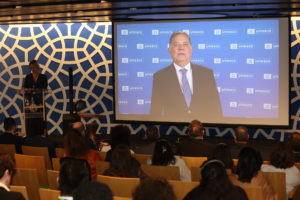
In a video message, Santiago Irazabal Mourão, president of the UNESCO General Conference and Brazil’s permanent delegate to the organization, sent a statement celebrating the defense of intercultural dialogue and mutual understanding as more necessary actions than ever. “UNESCO’s vision is that valuing our shared heritage is fundamental for building sustainable peace. Throughout history, Arab culture has made a unique contribution to creating artistic and social expressions in Latin America that need to be studied and stimulated in all its complexity,” he pointed out.
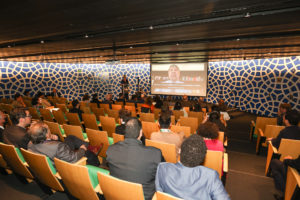
The opening also had the video of the Palestinian ambassador to Brazil, Ibrahim Alzeben, dean of the Council of Arab Ambassadors in Brazil. “The Arabs left a mark in all areas of Latin American life,” he said. The event was also attended by authorities, diplomats, and scholars such as the translator and professor at the University of São Paulo (USP), Safa Jubran.
The evening ended with a musical performance by the trio Sami and Willian Bordokan and Cláudio Kairuz and a cocktail.
On the same day’s morning, the ABCC headquarters hosted the official announcement of the UNESCO-Sharjah Prize for Arab Culture. Awarded since 2001, it was created in collaboration with the government of Sharjah, one of the seven emirates of the United Arab Emirates, and is now in its 19th edition.
Read more about the launch of the 19th edition of the Unesco-Sharjah Prize for Arab Culture.
Translated by Elúsio Brasileiro



